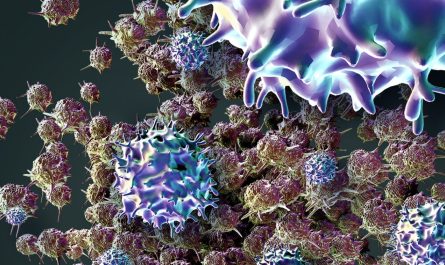
A good night’s sleep is vital for health, happiness and productivity. However, sleep issues plague millions of people worldwide. Stress, busy schedules, medical conditions and other factors can make falling asleep and staying asleep a challenge. For those struggling with occasional or chronic insomnia, sleep aids provide relief.
Non-Prescription Sleep Aids
Many non-prescription products claim to promote better sleep. Melatonin supplements are popular as melatonin helps regulate the body’s internal clock. Time-release melatonin ranging from 0.5 to 5 milligrams is generally safe for short-term use but side effects can include next-day drowsiness. Valerian root is an herbal supplement that may reduce anxiety and relaxation time needed to fall asleep. However, its effectiveness varies and large doses carry risks. Other natural sleep aids include chamomile, passionflower, hops, kava, and lemon balm though evidence of benefits is limited.
Most pharmacies carry over-the-counter (OTC) antihistamines marketed for seasonal allergies but also causing drowsiness, such as diphenhydramine (Benadryl). While effective for occasional sleep problems, they can cause next-day drowsiness, dry mouth and constipation. The risk of dependency also exists with long-term use of any OTC aid. Overall effectiveness is mild to moderate with non-prescription products playing a supporting role rather than a primary treatment.
Prescription Sleep Medications
For those with more severe, persistent insomnia, prescription sleep medications—taken short-term—may help re-establish a normal sleep pattern. However, they carry risks and are not intended for chronic, long-term use due to habituation and side effects.
Benzodiazepines like estazolam, flurazepam, quazepam, temazepam and triazolam act quickly to induce drowsiness and sleep. Common benzodiazepines are alprazolam and clonazepam which calm anxiety that can disrupt sleep. However, tolerance and dependency form with regular benzodiazepine use and withdrawal effects are significant.
Non-benzodiazepines zolpidem, zaleplon and eszopiclone work selectively on GABA receptors in the brain to promote sleep while posing a lower risk of dependency. Side effects may include dizziness, headaches and next-day grogginess.
Anti-depressants such as trazodone are non-habit forming options effective for some sleep disorders. They have fewer side-effects than benzodiazepines but require two to four weeks to take effect as insomnia treatment.
Alternatives to Medications
Behavioral techniques and lifestyle changes can form the backbone of an effective insomnia treatment plan, often eliminating the need for medications. Cognitive behavioral therapy targets dysfunctional thoughts and behaviors that disrupt sleep. Relaxation strategies like meditation and deep breathing relieve stress and anxiety. Diet, exercise and sleep hygiene practices optimize conditions for natural sleep. Setting a relaxing pre-bedtime routine of warm baths, soft music and dim light help transition to restful slumber. Consistent wake and sleep times reinforce circadian rhythm coherence. Treating underlying medical conditions improves overall health and sleep quality. When combined with temporary medication use, non-drug alternatives frequently result in lasting insomnia resolution by addressing root causes.
In Summary
Both prescription and over-the-counter sleep aids can provide relief for acute or short-term insomnia. However, they are not intended nor suitable for indefinite, unmonitored use due to side effects and risks of tolerance and dependency developing with some medications. Natural supplements play a supporting rather than a primary treatment role due to variable effectiveness. Lifestyle changes and behavioral therapies addressing the cause of sleep issues not only remedy insomnia without drugs but also promote long-term, sustainable sleep health. An integrated treatment approach considering underlying triggers optimizes sleep improvement. In many cases, alternatives displace or obviate the temporary use of sleep medication.
*Note:
1. Source: Coherent Market Insights, Public sources, Desk research
2. We have leveraged AI tools to mine information and compile it


